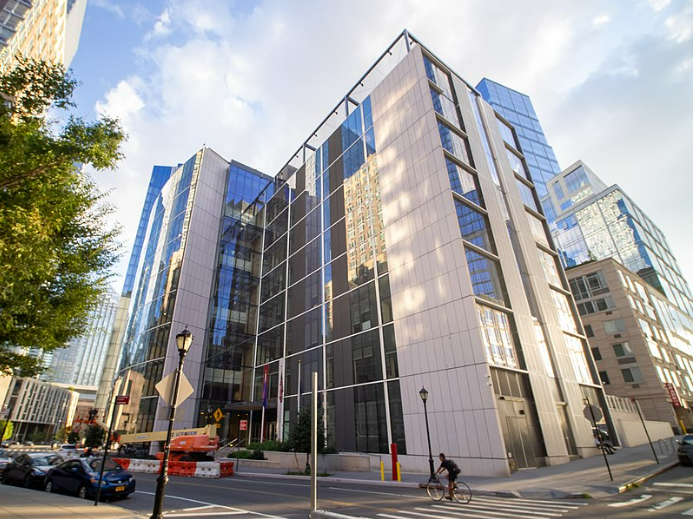
Editor’s note: This commentary from Byron Schlomach, who served as director of the Center for Economic Prosperity at the Goldwater Institute, appeared Monday on the Oklahoma Council of Public Affairs website.
Public education has an aura or mystique about it for many people. The vast majority of Americans received their education in public schools. We remember the yearly shopping trips for pencils, crayons, writing tablets, safety scissors, and then pens and ruled notebooks, as well as new clothes.
We fondly recall pep rallies, school plays, bands, football and basketball games, and other events like the prom. We remember teachers, some of them quite special to us. Most of all, we remember friends, some of them lifelong, and shared experiences. Public schools have shaped who we are and have formed the foundation of knowledge that has made our lives what they are.
Thus, it’s not surprising that many people, especially those who work in public schools, regard school choice proposals, such as charter schools and vouchers, to be some sort of conspiracy against the American way of life. After all, it was in the public schools that we were socialized, we were taught American history, we learned respect for authority, and we learned how to work with and cooperate with others.
School choice, in the minds of some, would tear all this down.
Despite these romanticized memories and judging by history, a government-run system of schools is not necessary to form a social glue to develop and ultimately hold together the United States. Few realize that if you go back to the earliest days of European settlement in what is now the United States, public education (government-run and -funded schools) is a recent development. A high literacy rate was achieved, and the values of the American Revolution were fomented, without a public education system.
The United States developed during the 17th, 18th, and 19th centuries—expanding, fighting wars (including a civil war), and growing into a great power—without a public education system like we have today. It was only in the middle of the 19th century that Horace Mann developed a mission to emulate the Prussian education system and the first state public education systems were begun. (And even then, Mann had his own children homeschooled.)
To continue reading, click here.


